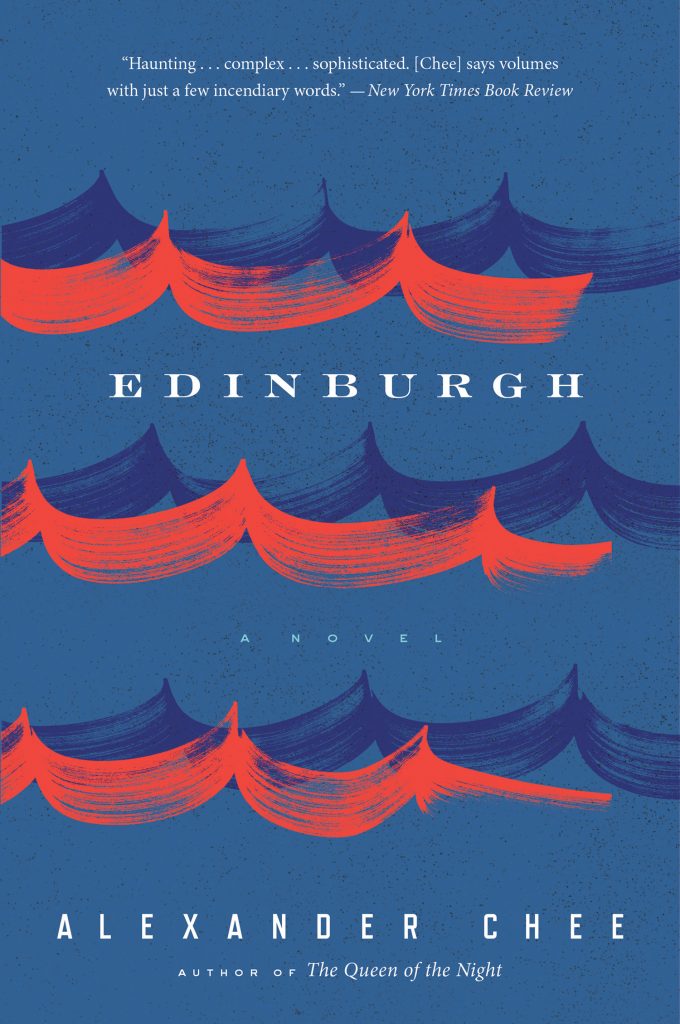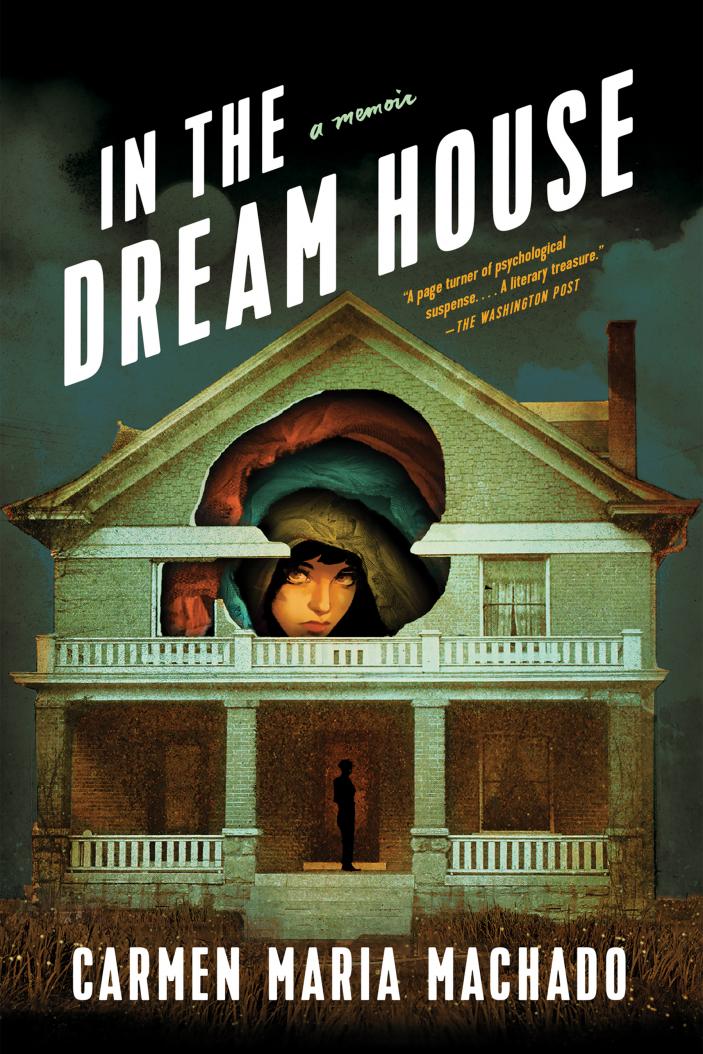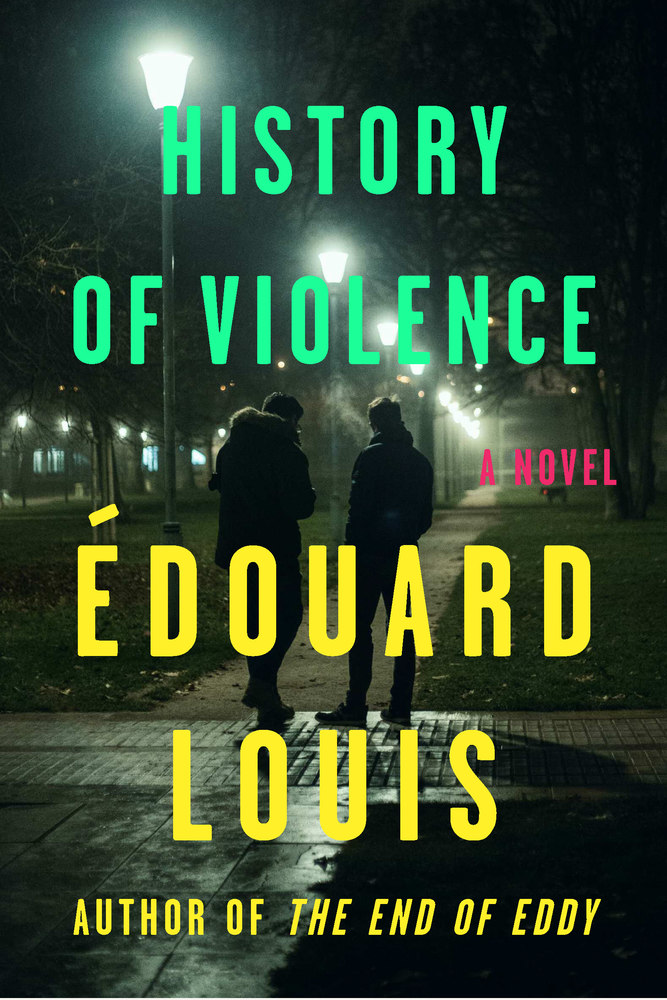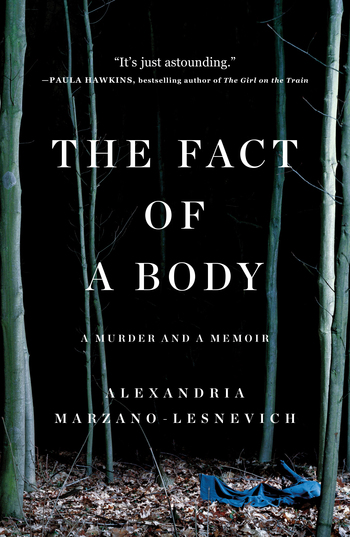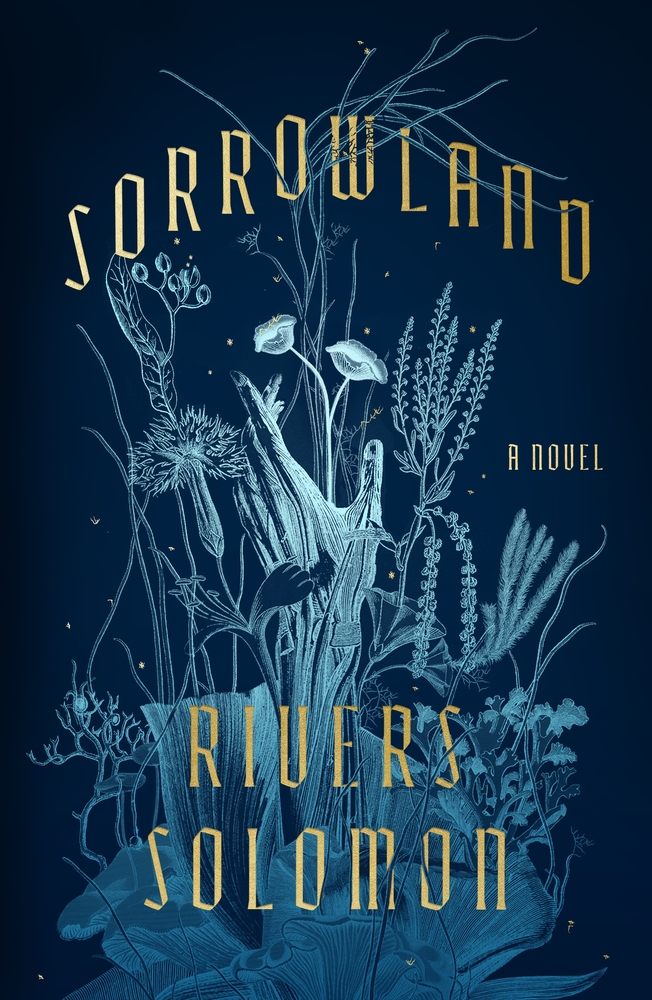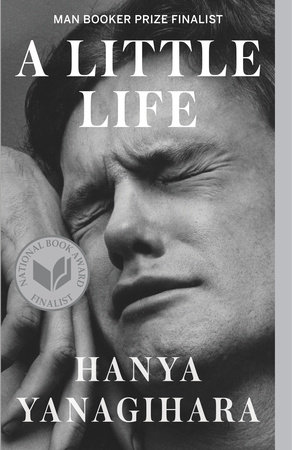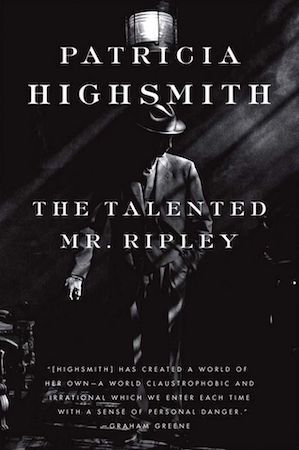If you enjoy reading Electric Literature, join our mailing list! We’ll send you the best of EL each week, and you’ll be the first to know about upcoming submissions periods and virtual events.
Narrative twists have gripped audiences for centuries, from the devastating filicidal revelations in Medea to the operatic B-movie theatrics of Showgirls. We love to be shocked, surprised, and transported by narratives that turn in wildly unexpected directions. But there is a difference between a good twist and a bad one. Does this twist feel earned, emotional, does it bring us catharsis? Or does it feel ridiculous, improbable, and make us laugh with derision?
Oftentimes, when we’re discussing contemporary “genre fare,” those bad narrative twists feel inauthentic because there is some cliche at their core. In the most overheated erotic thrillers, for example, we see toxic stereotypes repeated over and over again, whether it’s the “psychotically vengeful female victim” (see Fatal Attraction, Single White Female, etc.) or the “queer villain” (see Psycho, Silence of the Lambs, Basic Instinct, etc.). Yet despite their irresponsible ignorance, these popular narratives have power; they teach us to see victims as deserving of harm (instead of justice), they teach us to view queer people as villains (instead of humans). And while we may roll our eyes at the campy ridiculousness of these narratives from the comfort of our couches, it is also important to examine the ways in which they have contributed to the oppression of many vulnerable people.
It is because these genre tropes carry such great power, that I’m deeply interested in subverting them through my own work as a novelist. I like to use genre as a bait-and-switch—to hook the reader with recognizable story elements and then completely upend those tropes to draw the reader into something much deeper, surprising and transgressive. In this context, the concept of a narrative “twist” can be used as a powerful tool to explode harmful ideas we’ve received from countless movies, books, and other forms of entertainment.
In the case of my debut novel, Yes, Daddy, I hope to engage my audience with a set-up that might feel familiar to readers of contemporary thrillers—a “rags-to-riches” romance with dark underpinnings. But soon, the central twist of the book steers the narrative into more urgent depths. Ultimately, Yes, Daddy explores subject matter that we don’t see in conventional “genre” fare—sexual violence among gay men, spiritual abuse, and the ramifications of trauma across a lifetime. I want to shock the reader—but not with cliched twists that are unrealistically over-the-top or exploitatively lurid. I want to shock them with reality—to say, “these horrific things happen, these issues matter, so wake up and pay attention.”
When writing my novel, I found inspiration from quite a number of other queer books with heart-stopping twists. These books play with genre, but defy its conventions. These books elevate the idea of a “twist” to the level of profound revelation and emotional catharsis. These books are among my favorites, and I hope they resonate with you as well.
Edinburgh by Alexander Chee
Alexander Chee’s contemporary classic, Edinburgh, is a novel that follows Fee, a young boy who is abused by the director of his local boy’s choir. As the novel hurtles forward through time, we see the shocking ramifications of Fee’s trauma throughout his life. The story is operatic, unpredictable, and profoundly moving. In his essay collection, How To Write An Autobiographical Novel, Chee describes how he utilized mythic story structure to create catharsis that would challenge anti-victim prejudice:
“As I remembered the way victims were met with condescension, disgust, and scorn, I knew if I told our story…I had to construct a machine that would move readers along, anticipating and defeating their possible objections by taking them by another route—one that would surprise them.”
In The Dream House by Carmen Maria Machado
In The Dream House is a powerful memoir that brilliantly experiments with narrative tropes in order to tell a story of queer abuse. Each chapter is written in the style of a different genre; The Haunted House, the Soap Opera, Noir, Queer Villainry, and even Stoner Comedy are utilized as lenses through which to process her own personal history. Endlessly inventive and deeply moving, this book redefines what the memoir can accomplish.
History of Violence by Édouard Louis
In a book described as a “nonfiction novel,” the queer French writer Édouard Louis recounts the devastating story of his own rape, while also upending the conventions of the traditional novel. It is a work that is both intimate and epic; Louis is unafraid to explore both the personal and the political. He offers his own brutal account as a challenge to the oppressive forces of racism and homophobia within French society.
The Fact of a Body by Alex Marzano-Lesnevich
The Fact of a Body brilliantly combines the literary genres of true crime writing and memoir to create a heart-stopping book that follows Marzano-Lesnevich as they explore the depths of a horrific murder case and the ways in which it forced them to examine their own personal history. Marzano-Lesnevich’s riveting narrative style will leave you absolutely breathless; I will be forever in awe of this book’s intensity, poetry, and courage to venture into dark territory.
Sorrowland by Rivers Solomon
Rivers Solomon’s visionary novel ingeniously melds elements of Gothic horror and science fiction to create a work of genre-defying brilliance. The story follows Vern, a queer Black pregnant woman on the run from a religious cult. After giving birth to twins deep in the forest, she embarks on an unforgettable journey through a fantastical world which has terrifying parallels to our own. There is incredible wisdom in these pages; Solomon boldly tackles issues of identity, religion, systemic oppression, racism, and the power of queer love.
A Little Life by Hanya Yanagihara
Hanya Yanagihara’s novel has garnered its fair share of controversy, but its cultural impact is undeniable. The novel is a sprawling, relentless, and maximalist portrait of a man tortured by his own trauma and the group of friends who support him as he grapples with a life marred by tragedy. Some find Yanagihara’s narrative techniques to be manipulative, some find them moving. Regardless, this is a novel worthy of debate.
The Talented Mr. Ripley by Patricia Highsmith
Tom Ripley is one of our most fascinating, complex, and enduring queer literary characters. There is a reason people continue to be drawn to this dark narrative; it says something deeply truthful about ambition, status, desire and the lengths to which people will go in order to get what they want. If you’ve not read the book, or only seen Anthony Minghella’s stunning film adaptation, do yourself a favor and pick up this classic.


